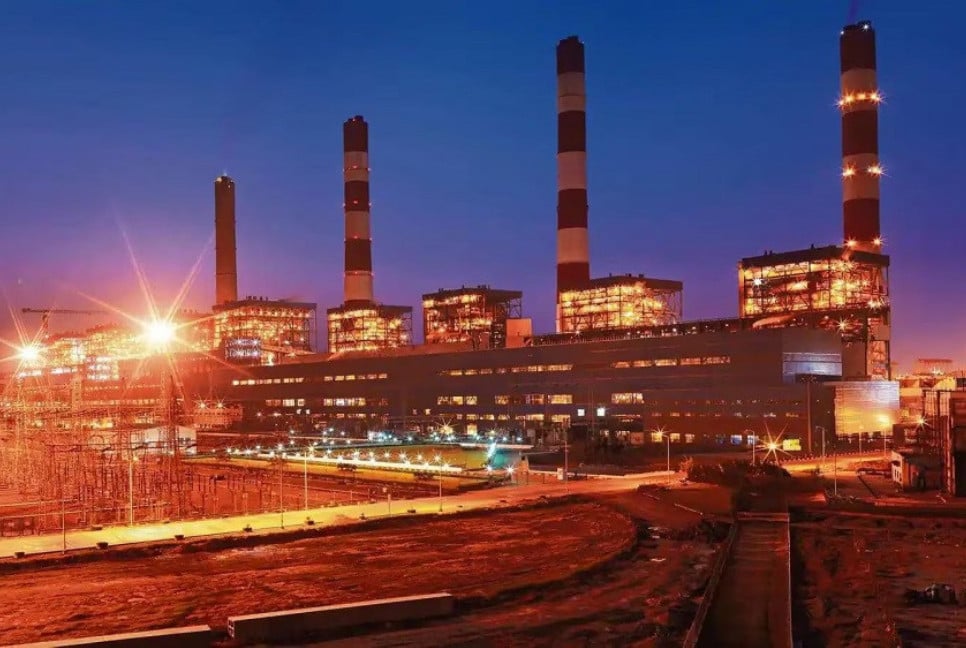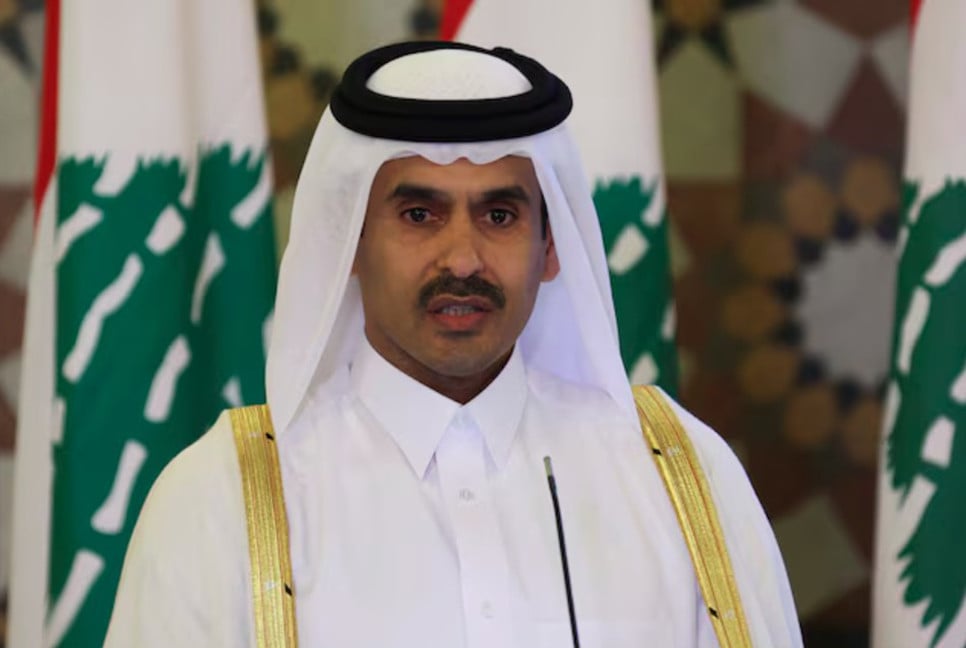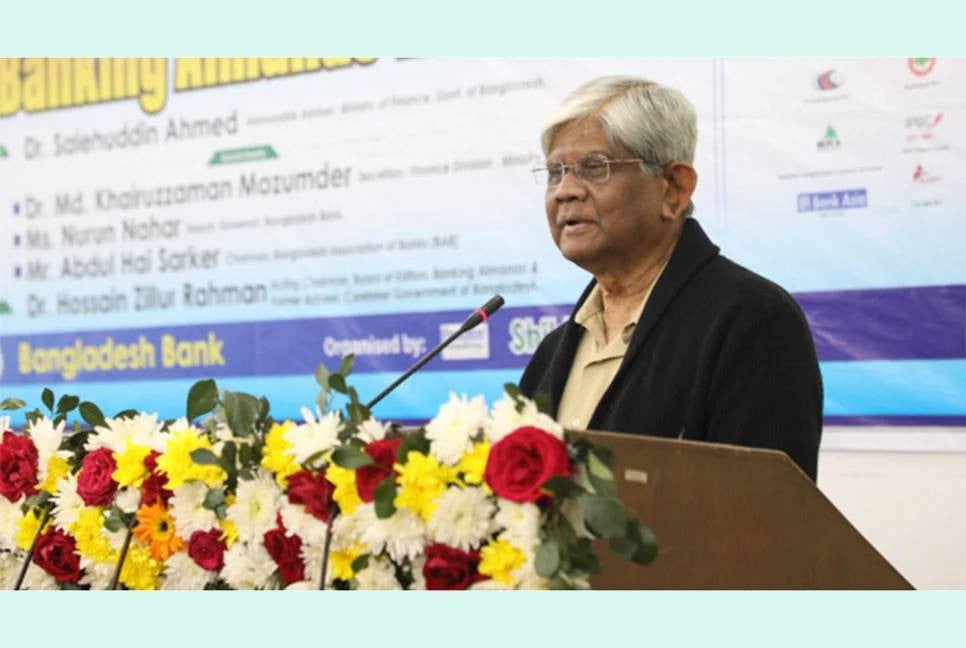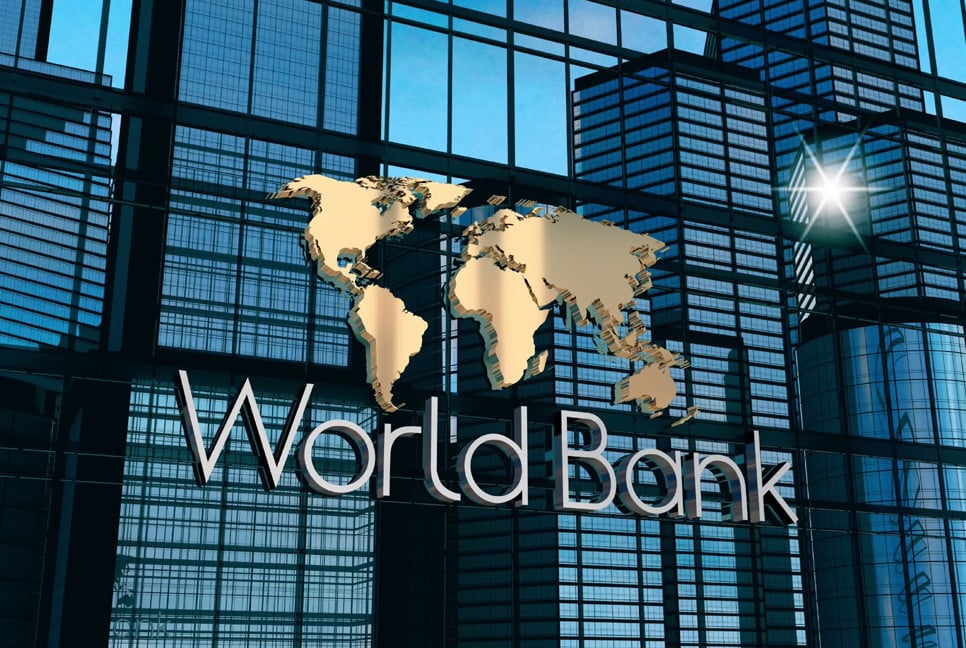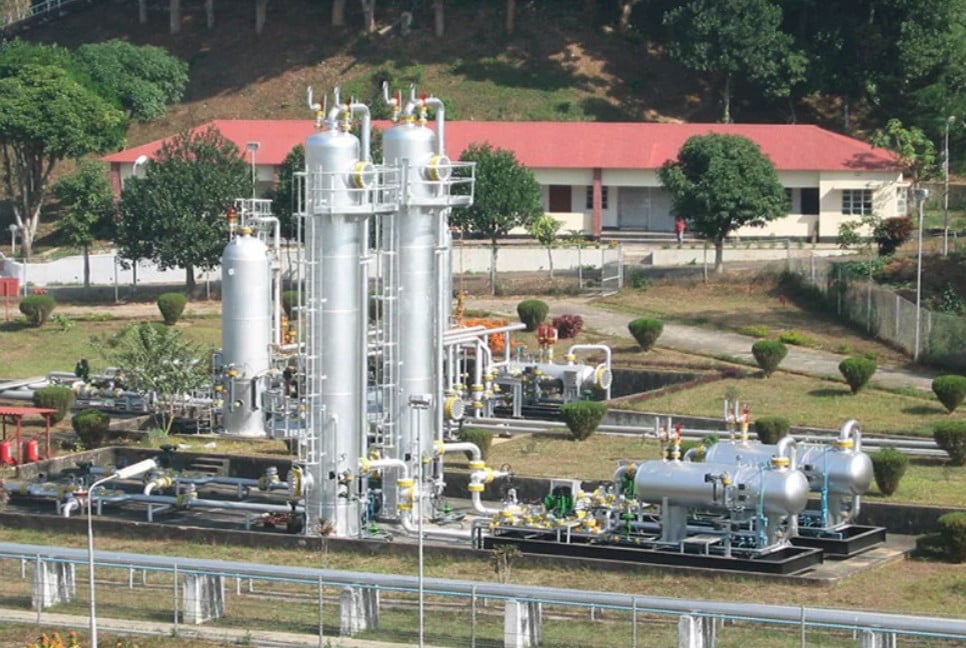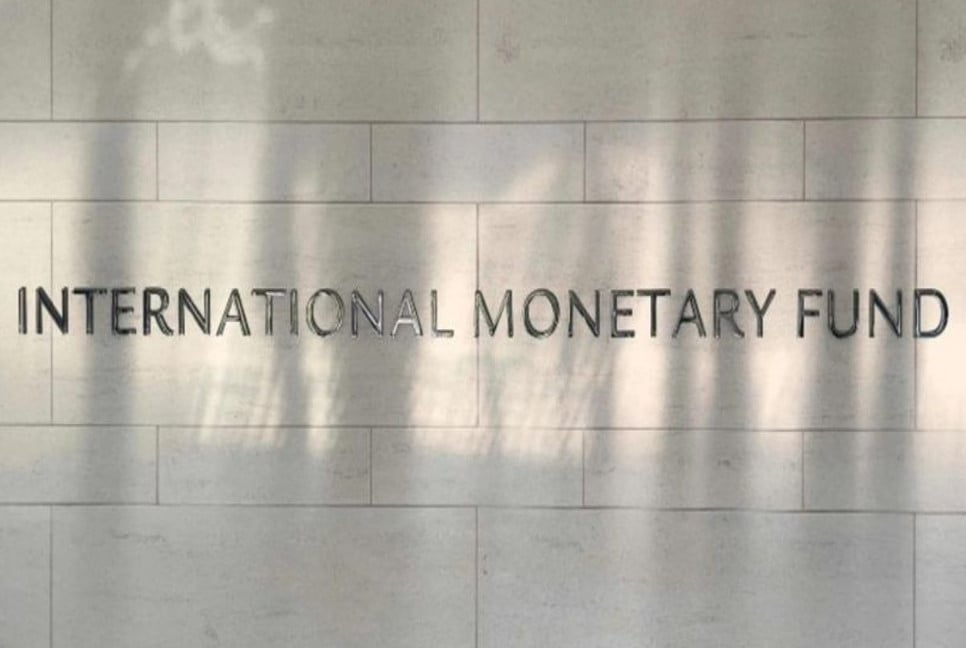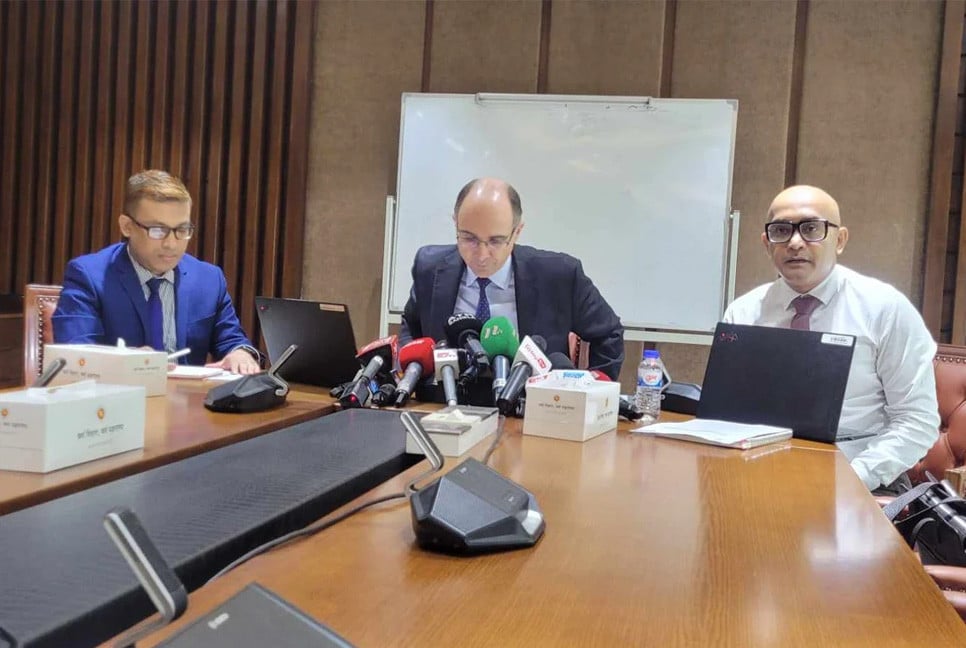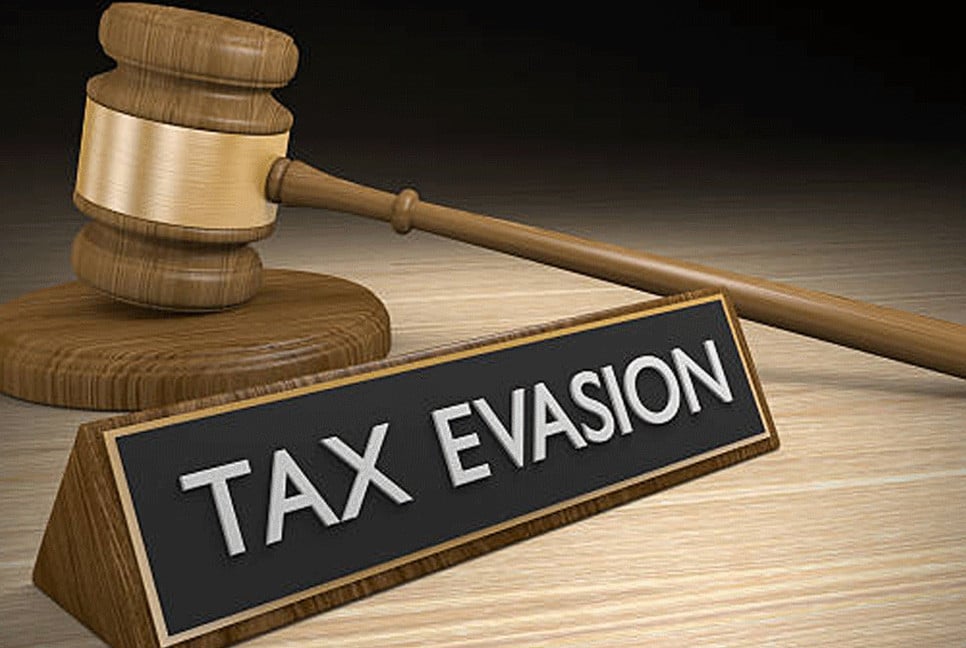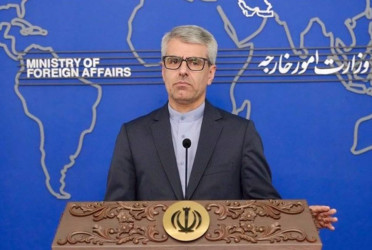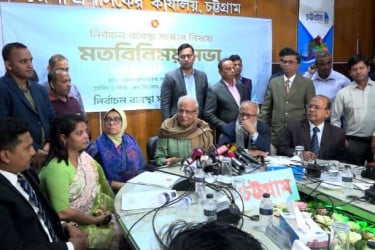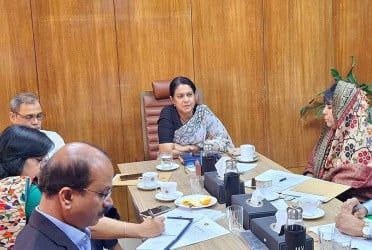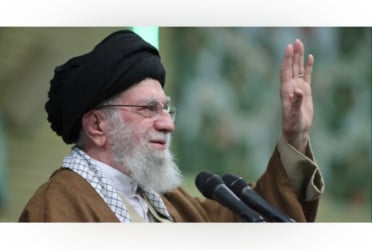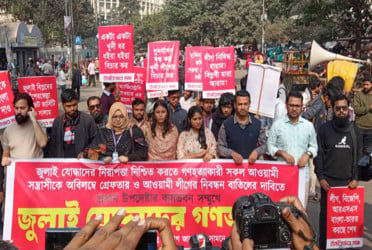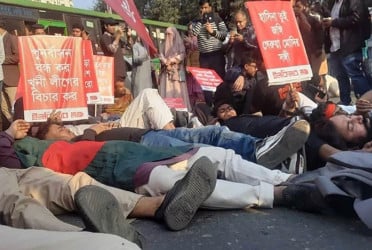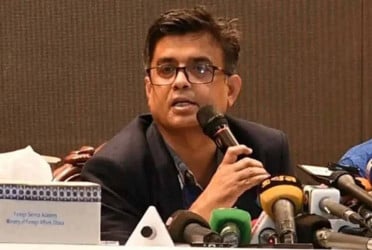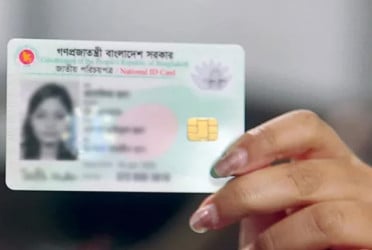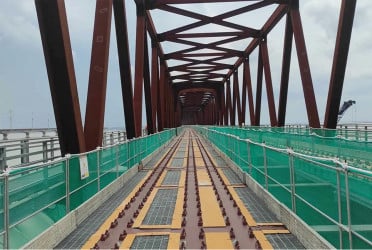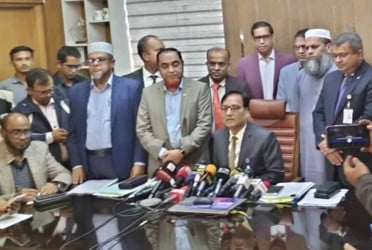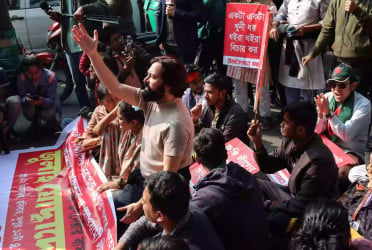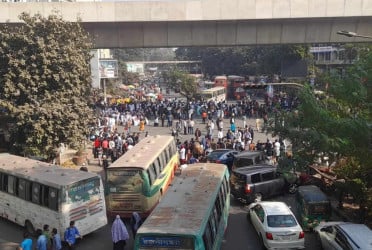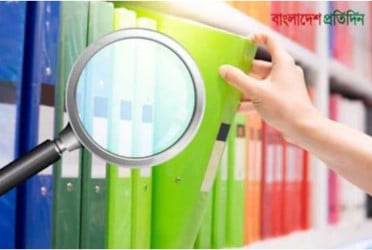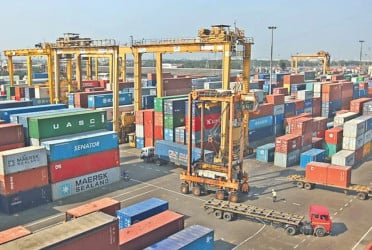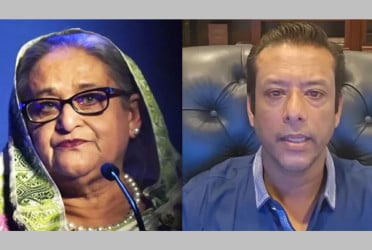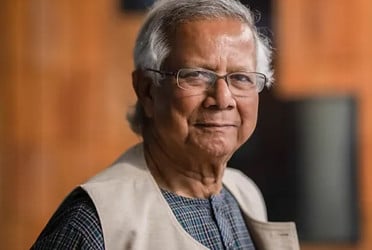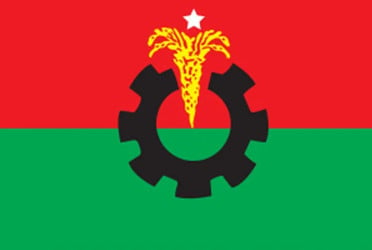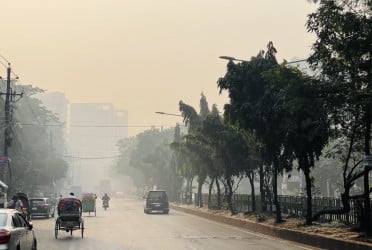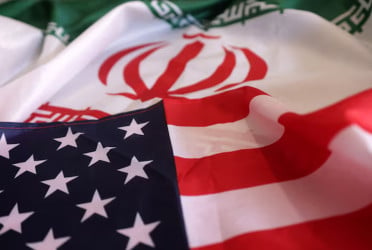The Prof Yunus-led interim government has started pressing Adani Power, directly linked to India’s government, to renegotiate its power export deal, accusing the company of not complying with the clause to pass on Indian tax benefits to Bangladesh.
The company already charges 55% more than the average amount Bangladesh pays to other Indian power exporters, according to documents reviewed by Reuters.
Now, six government officials, including de facto energy minister Fouzul Kabir Khan, has told Reuters they want Adani Power to review the deal due to unfair terms. The Bangladeshi side is particularly encouraged by the recent US charges against Adani Power over a $25 million bribery scheme.
The unusually costly power deal with Adani, signed during pro-Indian Awami League regime, has raised suspicions New Delhi secured the agreement to unduly extract Bangladeshi taxpayers’ money and extend control over Bangladeshi power sector in exchange for supporting Awami League’s anti-people administration.
Hasina has not been seen in public since she fled to India on 5 August to flee a student-led mass uprising against her authoritarian rule.
However, her son and adviser Sajeeb Wazed told Reuters he was not aware of the Adani Power deal but that he was "sure there was no corruption."
"I can only assume the Indian government lobbied for this deal so it was made," he said in response to allegations of political interference.
Modi's office and other Indian officials did not respond to requests for comment.
Adani Power has not been accused of wrongdoing in Bangladesh. A company spokesperson said in response to Reuters' questions that it had upheld all contractual obligations and had no indication Dhaka was reviewing the contract. The company did not answer questions about the tax benefits and other issues raised by Bangladesh.
The company said the Bangladesh deal helped further Indian foreign policy objectives and Delhi in 2019 declared the plant part of a special economic zone. It enjoys incentives such as exemptions on income tax and other levies.
According to the contract and implementation agreement signed on 5 November 2017, Adani Power was required to pass on the benefits of tax exemptions. But the company has not met the requirement, nor has it responded to two Bangladeshi letters sent in this regard since September, Reuters has learnt.
If the tax benefits are passed on, Bangladesh would get to remit potentially $28.6 million for the June 2023-July 2024 fiscal year, as per Reuters calculations.
In September, Yunus's government appointed a panel of experts to examine major energy deals signed by Hasina. A Bangladesh court has separately ordered a probe of the Adani deal.
"Renegotiate in case of anomalies in the contract. Cancel only in case of irregularities such as corruption and bribery," Fouzul Kabir Khan has told Reuters in an interview in his office.
"Both based on the findings of the court-ordered investigations."
Khan said Bangladesh has enough domestic capacity to meet its needs, though some plants are currently idle or generating below capacity because of a shortage of gas or other reasons.
"When Adani cut their supply to half, nothing happened," he said. "We will not allow any power producer to blackmail us."
On 31 October, Adani Power halved the power supply from Godda in response to the payment dispute with Bangladesh.
Adani Power contends it is owed $900 million, while BPDB says arrears are about $650 million. Bangladesh suffers from a dollar shortage and BPBD officials told Reuters they haven't been able to obtain sufficient foreign currency for payment.
At Tk14.02 a unit, Adani charged the highest rate for Indian-generated power exports to Bangladesh in the July 2022-June 2023 fiscal year, compared with an average price of Tk8.77 ($0.0737), according to the state-run Bangladesh Power Development Board.
Adani's rate fell to Tk12 taka per unit in the next fiscal year, still 27% higher than the rate of India's other private producers and as much as 63% more than Indian state-owned plants, Reuters has reported.
The retail price in Bangladesh is Tk8.95 per unit, which results in an annual power subsidy bill of Tk320 billion for the exchequer, Khan said.
Source: The Daily Sun
bd-pratidin/Rafid

